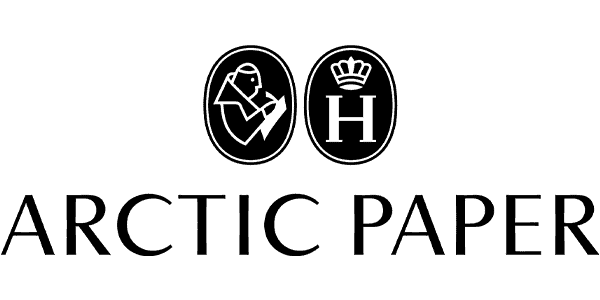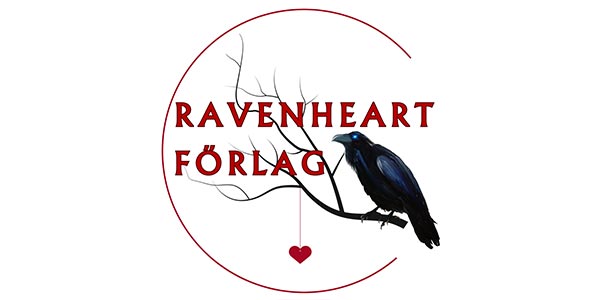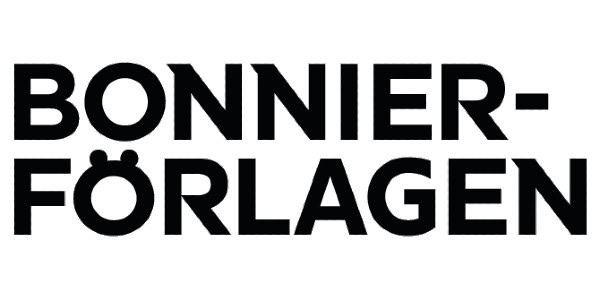
Lightbringers Of The North

| Författare | |
|---|---|
| Förlag | Inner Traditions |
| Genre | Historia och arkeologi |
| Format | Häftad |
| Språk | Engelska |
| Antal sidor | 448 |
| Vikt | 728 gr |
| Utgiven | 2022-08-04 |
| ISBN | 9781644114636 |
Finland has long been viewed as the land of sorcerers and shamans as well as being identified with Ultima Thule, the mystical farthest north location of ancient myth. Exploring the rich history of Finnish occultism, Perttu Häkkinen and Vesa Iitti examine the significant figures and groups of Finland's occult world from the late 19th century to the present day. They begin with Pekka Ervast, known as the Rudolf Steiner of the North, who was a major figure in Theosophy before starting a Rosicrucian group, Ruusu-Risti. They look at the Finnish disciples of G. I. Gurdjieff, revealing how Gurdjieff himself fathered a son with the group's leader at the leader's request. They explore the grim case of the cult of Tattarisuo, who used body parts and the Sixth and the Seventh Book of Moses in their nightly rituals. The authors investigate the relationship of nationalism and esotericism in Finland, telling the stories of Sigurd Wettenhovi-Aspa, who thought that Finns were the root of all Western civilization, and of Yrjö von Grönhagen, who became a close friend of Heinrich Himmler and Karl Maria Wiligut. They explore the history of Finnish parapsychology and the Finnish UFO craze. They look at the unique evolution of Freemasonry in Finland, showing how, when Finland was still part of Russia and thus the Masonic order was banned, adherents created a number of other secret societies, such as the Carpenter's Order, the Hypotenuse Order, and the Brotherhood of February 17. The authors also examine how, following Finland's independence from Russia in 1917, lodges began to reappear and were an important hub for spiritualist activities and groups such as the OTO and AMORC. Unveiling both the light and dark sides of modern esotericism in Finland, the authors show how, because of its unique position as partially European and partially Russian, Finland's occult influence extends into the very heart of left-hand and right-hand occult groups and secret societies around the world.























